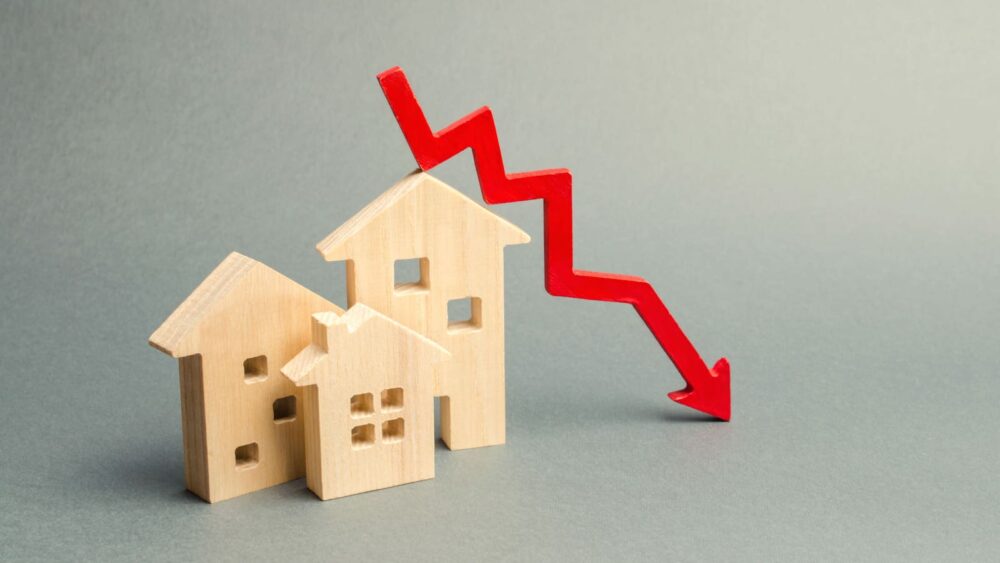Housing developers and builders in North Texas and across the U.S. are scaling back production as elevated interest rates and high home prices discourage would-be buyers from entering the housing market. Single-family home starts fell by more than a third last quarter compared to the third quarter of 2021.
This slow-down, in turn, has left builders with more land than they plan to utilize in the near future, putting the brakes on new land acquisitions. Builders are taking on millions of dollars in fees to walk away from contracts that once looked promising.
The largest homebuilder in the country, D.R. Horton, based in Arlington, wrote off $34 million in the last quarter alone. The write-off covered costs incurred for land and home-lot contracts that it ended or expected to terminate.
The massive U.S. homebuilder witnessed sales fall 15% last quarter compared to the third quarter of 2021, dropping to 13,582 homes. On the other side of the equation, cancellations jumped 32% year-over-year during the same period.
Jim Brickman, the co-founder and CEO of Plano-based developer Green Brick Partners, told investors, “We have no need to buy land to grow our business and don’t plan to buy much or any land in Q4 2022 or well into 2023.”
Green Brick builds through brands like Trophy Signature Homes, Southgate Homes, and CB Jeni throughout the Dallas-Fort Worth and Atlanta metropolitan areas.
Brickman stated, “While it is difficult to accurately predict what will happen in the short term, our long-term view on the immense imbalance of housing supply and demand remains intact.”
In other words, Green Brick believes there is still an insufficient housing supply for the population.
“A decade-long underproduction of housing has resulted in a gap of approximately 4 million housing units that will take many years to adjust, if not another decade. Recent and expected future reductions in housing starts are likely to exaggerate the housing shortage,” says Brickman.
Green Brick has also moved to postpone subsequent phases of land development for certain communities, citing heightened volatility in the real estate market and softening sales, according to the builder’s chief operating officer, Jed Dolson. In fact, Dolson says the developer plans to cut spending by roughly 45% in 2023 compared to this year.
Some developers are taking an even stricter approach to the downturn. Taylor Morrison, based out of Arizona, cut spending on new land by 70% year-over-year during Q3. The builder controls or outright owns roughly 80,000 lots across the country. The spending drops to $102 million in the third quarter represented the lowest total purchases for the firm since 2016.
For its part, Taylor Morrison says it is prepared to weather a waiting period. “We have a really good land bank, so we don’t feel the pressure to get any deal to the finish line that doesn’t make sense,” Taylor Morrison chairman and CEO Sheryl Palmer said in a call with investors on October 26. “There will be an opportunity to invest at the right time.”
A senior vice president with the CBRE Group’s land investment sales team in Dallas, Carter Kendall, says D-FW builders and developers of all sizes are refusing to sign new deals at the moment.
“The land market, when it comes to housing and residential, is definitely in a holding pattern of uncertainty… The demand for finished and undeveloped lots is the lowest I’ve seen in a long time,” said Kendall.
However, some builders continue searching for potential deals, hoping that the market will improve by the time they actually break ground on the lots, but market recovery could take some time yet, according to Kendall.

